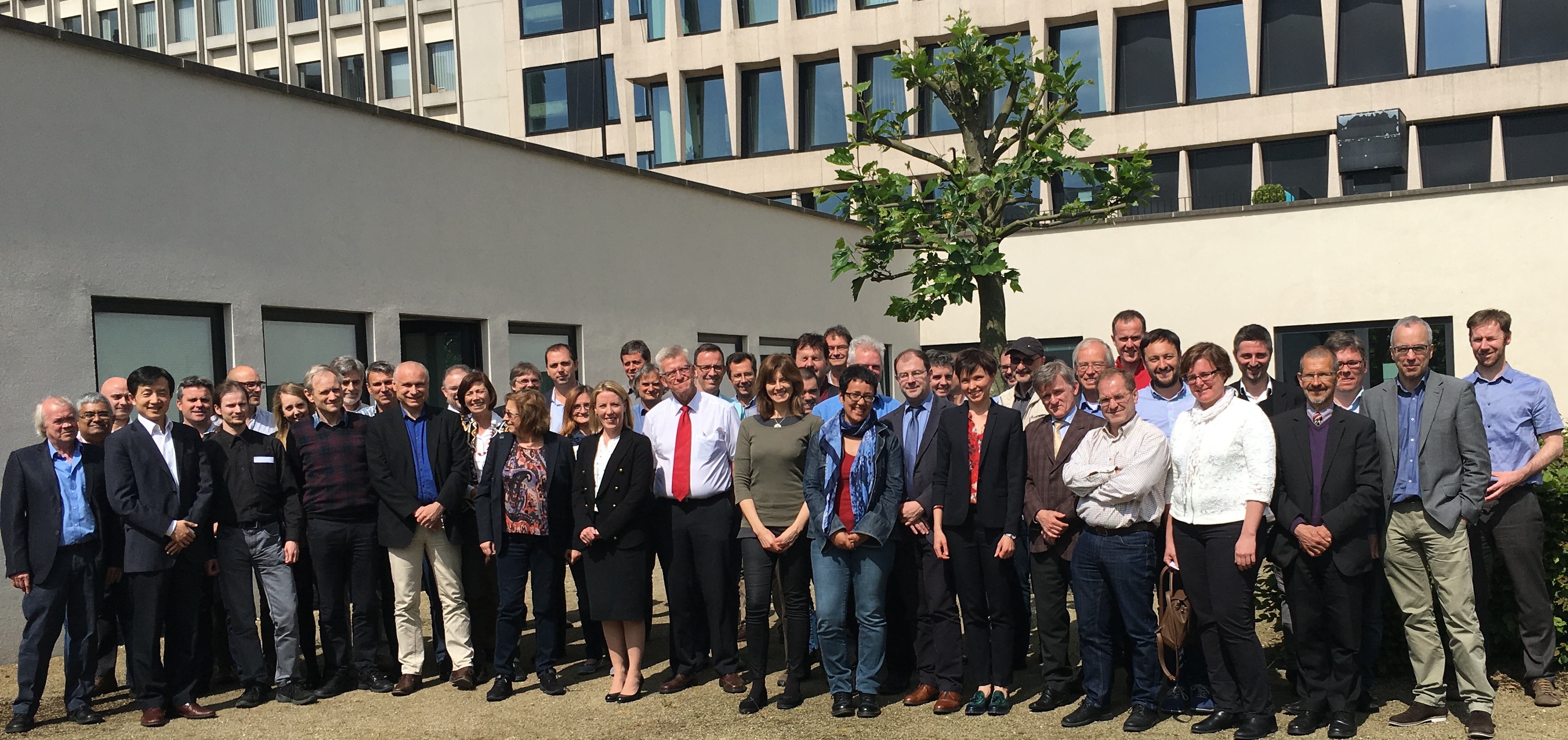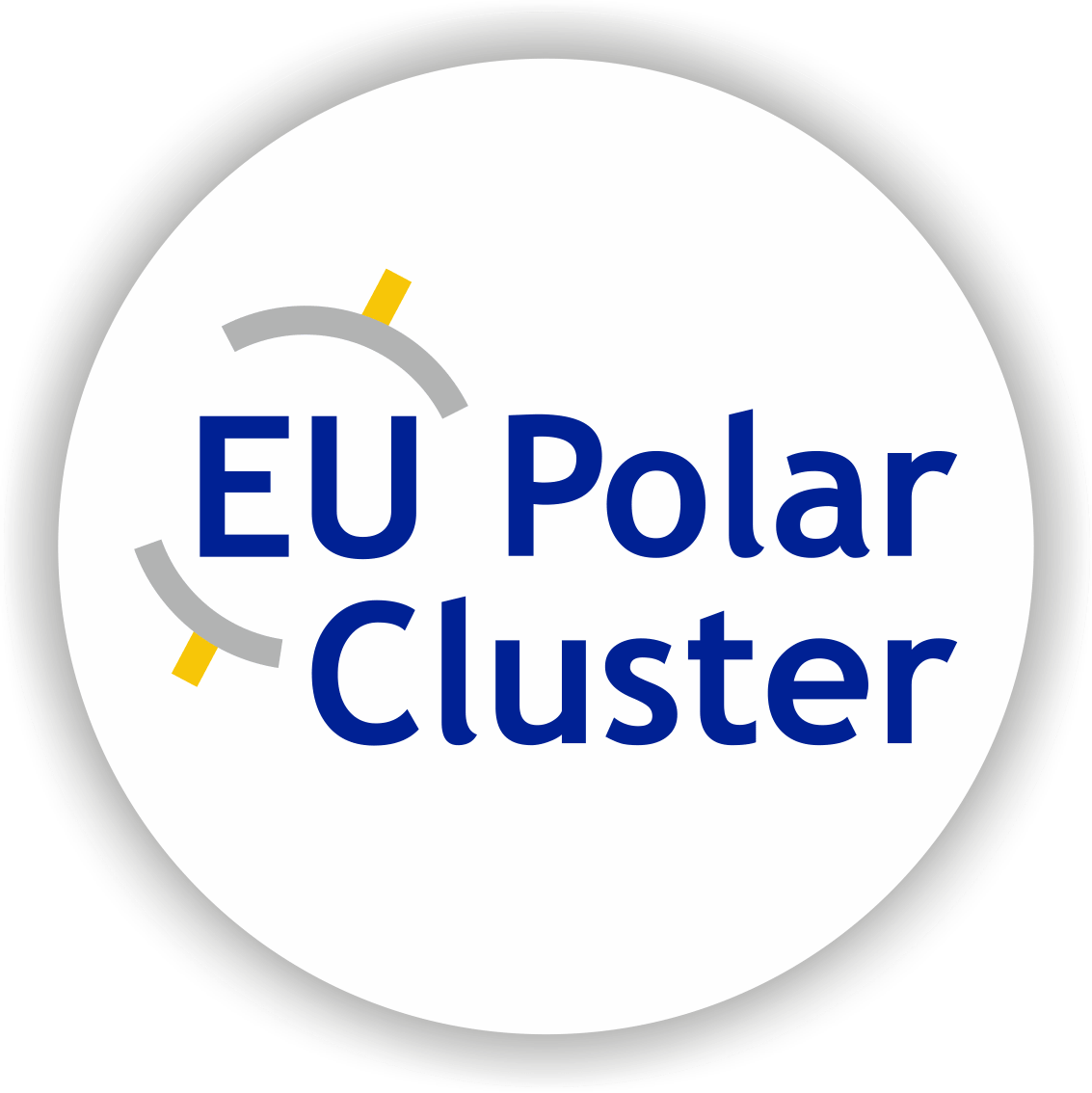EuroGOOS 2016 General Assembly meeting took place from 25 to 27 May. Organized at the EuroGOOS headquarters in Brussels, the meeting brought together over 50 delegates from 40 organizations in 19 European states, as well as the European Commission, Regional Sea Conventions, and European networks. The Assembly opened with a special session on oceanographic products under development in Europe for various policy, security, and scientific needs.
The meeting welcomed the progress towards the European Ocean Observing System, EOOS, the concept and framework developed jointly by EuroGOOS and European Marine Board. The issue of sustained funding of the ocean observing in European member states has been raised at several points of the meeting. A number of recent studies (e.g. within the EuroGOOS tasks in the EU H2020 AtlantOS project) have demonstrated a striking reduction of number and activities of the European observing platforms. The new study by the EuroGOOS Tide Gauge Task Team has clearly demonstrated that about half of the European tide gauge systems are either lacking funding or have been stopped. At the time of the EuroGOOS Assembly, the G7 Leaders released a high-level statement expressing a need for enhanced global ocean observing. With the largest EEZ (continental shelf) area in the world and global leadership in ocean technologies, Europe is well placed to set an example of a true integration and strategic alignment through the European Ocean Observing System, EOOS.
The EuroGOOS Assembly approved two new activities, Animal-Borne Instruments Task Team (chaired by Lars Boehme of St. Andrews University and MASTS network) and Fixed Platforms Task Team (chaired by Richard Lampitt of National Oceanography Centre, UK). The new task teams will help improving synergies and promoting sustained operations for these oceanographic platforms capable of collecting data on a wide range of physical and biogeochemical parameters.
Important governance matters were approved at the meeting. The Assembly welcomed a new EuroGOOS member, the Slovenian Environment Agency. Erik Buch was re-elected as EuroGOOS chair for the second term together with two Executive Board members, Urmas Lips (Marine Systems Institute of the Tallinn University of Technology, Estonia) and Bernd Brugge (German Federal Maritime and Hydrographic Agency). Two new Executive Board members were elected: Patrick Farcy (French Research Institute for Exploitation of the Sea, Ifremer), and Henning Wehde (Institute of Marine Research, IMR, Norway). The meeting thanked the Executive Board members who stepped down after the completion of their two full terms, Pierre-Yves Le Traon (Ifremer, France) and Johnny Johannessen (NERSC, Norway).
The Kostas Nittis Medal to Young Researcher was awarded at a dedicated session during the Assembly. The Medal and associated grant went to Angelique Melet, researcher at Mercator Ocean, France. The 2015 Kostas Nittis Medal winner Pablo Lorente of Puertos del Estado, Spain, give an enthusiastic account of the award’s positive impact on his research and professional network.

The post EuroGOOS 2016 General Assembly: main outcomes appeared first on EuroGOOS.


















